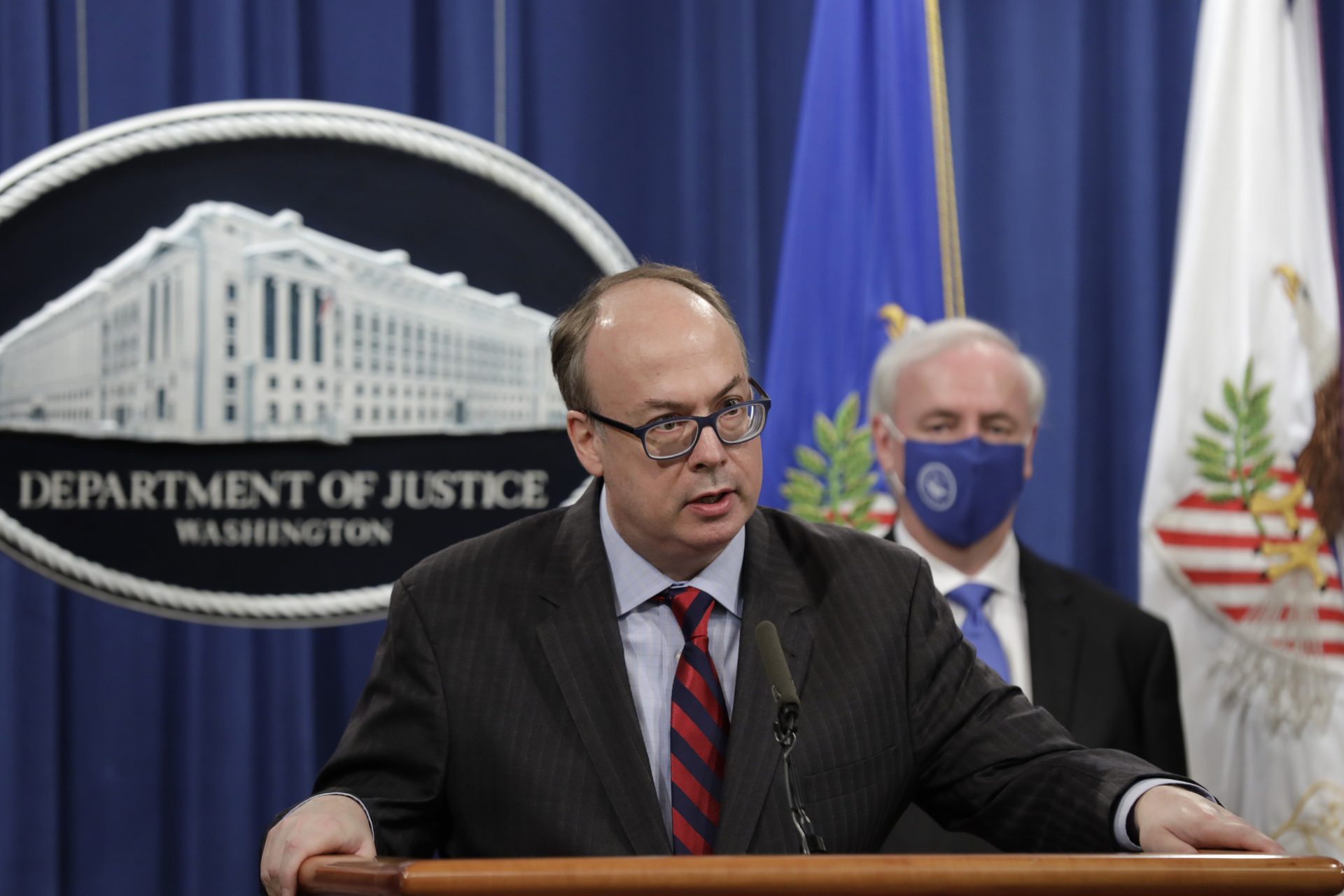
FILE PHOTO: In this Oct. 8, 2019 file photo, Rep. Scott Perry, R-Pa. from Pennsylvania's 10th U.S. Congressional District, appears before reporters on Capitol Hill in Washington.
Andrew Harnik / AP Photo

FILE PHOTO: In this Oct. 8, 2019 file photo, Rep. Scott Perry, R-Pa. from Pennsylvania's 10th U.S. Congressional District, appears before reporters on Capitol Hill in Washington.
Andrew Harnik / AP Photo

Andrew Harnik / AP Photo
FILE PHOTO: In this Oct. 8, 2019 file photo, Rep. Scott Perry, R-Pa. from Pennsylvania's 10th U.S. Congressional District, appears before reporters on Capitol Hill in Washington.
Rep. Scott Perry, a fifth-term Republican who represents Dauphin and portions of York and Cumberland counties, has acknowledged being involved in President Trump’s attempt to overturn legally certified election results in Georgia. Here’s what we know, and don’t, about what happened and Perry’s role:
The Times reported on Jan. 23 that:

Yuri Gripas / Pool via AP
FILE PHOTO: Acting Assistant U.S. Attorney General Jeffrey Clark speaks as he stands next to Deputy Attorney General Jeffrey A. Rosen during a news conference at the Justice Department in Washington on Oct. 21, 2020.

A collection of interviews, photos, and music videos, featuring local musicians who have stopped by the WITF performance studio to share a little discussion and sound. Produced by WITF’s Joe Ulrich.
The days of journalism’s one-way street of simply producing stories for the public have long been over. Now, it’s time to find better ways to interact with you and ensure we meet your high standards of what a credible media organization should be.